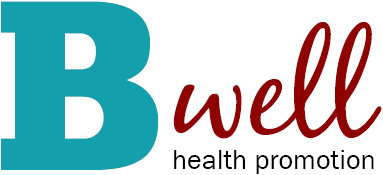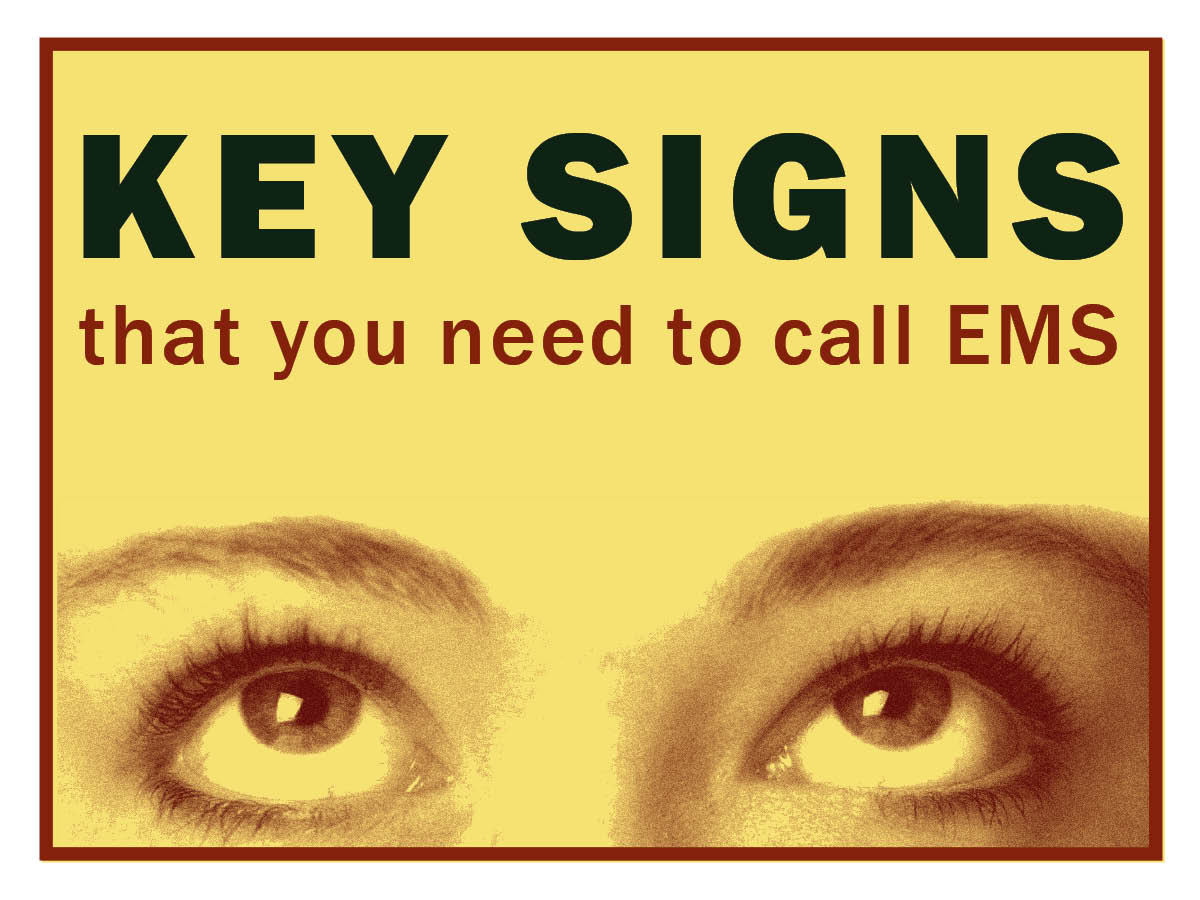It can be difficult to know when to say something when you're worried about a friend's drug or alcohol use. Ask yourself...

Accessing Care
How to Talk to a Friend about Drinking or Drug Use
How does it affect you?
-
Have you ever had to take care of your friend because of their alcohol or drug use? How frequently does it happen?
-
Have you ever felt embarrassed or hurt by something they said or did while intoxicated?
-
Have you lost time from classes, studying, or a job in order to help your friend cope with problems caused by their drinking or drug use?
-
Do you worry about your friend’s use on a regular basis?
How does it affect your friend?
-
Does your friend drink in order to get drunk?
-
Has your friend ever been unable to remember things they said or did while drinking (blacked out)?
-
Has your friend ever received medical care for something related to drinking or drug use? Have you noticed a decline in personal health or appearance?
-
Is your friend doing dangerous things or taking more risks because of drugs or alcohol?
-
Has your friend expressed wanting to cut down on drinking or drug use?
-
Does your friend drink or use another drug to steady their nerves or to get rid of a hangover?
-
Has your friend ever been in trouble because of drinking or drug use?
-
Does your friend find it necessary to drink or get high in order to enjoy being social?
-
Are drugs or alcohol affecting your friend's academic performance?
-
Does your friend drink to escape from or to cope with problems or stress? Do they use drugs or alcohol to avoid painful feelings?
-
Has your friend ever had a frightening experience with drugs or alcohol but continued to use?
-
Is your friend annoyed when people criticize their drinking?
-
Does anyone in your friend's family drink to excess regularly? Do any close relatives have a drinking or drug problem?
The more times you answer yes, and the more frequently each factor is true, the more likely it is that your friend is in need of help. A caring conversation can help your friend learn about how their behavior affects others and can help your friend get the help they need.
Remember, needing help is not the same as being an alcoholic or an addict. Uncontrolled alcohol or drug use is not the only sign that someone needs help. Many people can stop whenever they choose, even for long periods of time. The important question is what happens to them when they drink or use drugs. Do they do things they regret later: get in fights, destroy property, drive under the influence, or have unplanned or unwanted sex?
There are many ways to help someone who's having trouble with alcohol or drugs. Some people need the wake up call of your honest observations and concerns; others can benefit from professional help to make changes in their behavior. Still others need professional help to maintain complete abstinence through rehabilitation programs and/or recovery programs. At Brown there's help to know which one is right for your friend.
Before you talk to your friend
-
Learn about drug and alcohol abuse. You can talk to any of the resources listed below without giving your friend's name.
-
Prepare a list of specific problems that have occurred because of your friend's drinking or drug use. Keep these items as concrete as possible. "You're so antisocial when you drink" will not mean as much as, "When you were drunk, you made fun of me and were mean to me. You hurt me." Bring the list with you and keep the conversation focused.
-
Choose a private location where you can talk without embarrassment or interruption. Your friend is more likely to hear you in a restaurant booth than at a large table in a dining hall. A talk in your room with the TV and music off will be more successful than one in your friend's room where they can easily create distractions while you talk.
How to talk to your friend
-
Talk to your friend when they are sober. The sooner you can arrange this after a concerning episode, the better. Your message will have more impact while your friend is in the immediate aftermath than it will a week later.
-
Restrict your comments to what you feel and what you have experienced of your friend's behavior. Express statements that cannot be disputed. Remarks like, "Everyone's disgusted with you," or, "Lily thinks you have a real problem," will probably lead to arguments about Lily's problems or who 'everyone' is. Avoid such generalizations.
-
Convey your concern for your friend's well being with specific statements. "I want to talk to you because I am worried about you," or "Our friendship means a lot to me. I don't like to see what's been happening."
-
It is important to openly discuss the negative consequences of your friend's drinking or drug use. Use concrete examples from your list. "At the party I was left standing there while you threw up. The next day you were too hung over to write your paper. It makes me sad that these things are happening in your life."
-
Emphasize the difference between sober behavior that you like and drinking behavior that you dislike. "You have the most wonderful sense of humor, but when you drink it turns into cruel sarcasm and you're not funny any more. You're mean."
-
Be sure to distinguish between the person and the behavior. "I think you're a great person, but the more cannabis you smoke, the less you seem to care about anything."
-
Encourage your friend to consult with a professional to talk about their alcohol or substance use. Give them the resources listed below. You can offer to find out more about the resources or go with them to an appointment.
What NOT to do
- Don't accuse or argue. If your friend gets angry or provokes you, remind yourself to remain calm and to stay focused on your goal -- to be helpful by honestly expressing your concerns. "I understand that you don't like some things I do, either; we can talk about them later. My point now is that when you drink, you're doing dangerous things."
- Don't lecture or moralize. Remain factual, listen, and be nonjudgmental. Remarks like, "You've been acting like a slut," will only elicit defensive anger. Instead say, "You've been hooking up with people you don't like and doing things you regret the next day."
- Don't give up. If your friend seems resistant, you can bring it up later or let them know you care and are there for them if they ever want to talk.
On-Campus Resources
Brown Emergency Medical Services (EMS) 401.863-4111
Emergency response available 24 hours a day, 7 days a week. Click here to find out what happens when you call EMS.
Director of Student and Employee Accessibility Services, 401.863-9588
Support is available for students who are in recovery from substance use disorders. Please contact Dean Catherine Axe, Director of Student and Employee Accessibility Services, for more information. [email protected]; 401-863-9588.
BWell Health Promotion 401.863-2794
Provides individual confidential appointments where a Health Educator and the student collaborate to develop a schema about the effects of their substance use. These conversations can be a powerful tool in helping to make informed decisions, reduce harm, prevent relapse or connect with additional resources.
The Dean for Recovery and Substance-Free Student Initiatives 401-863-2536
Director of the Donovan Program for Recovery and Substance-Free Initiatives, the dean for recovery and substance-free student initiatives provides academic and non-clinical recovery, harm reduction, and substance-free advising for students seeking additional resources. The dean is available for consultation for any Brown community member who wants to address their substance use or are concerned about the substance use of a friend or a family member. You can email her at [email protected].
Counseling and Psychological Services 401.863-3476
Provides treatment for a range of psychological concerns, including drug and alcohol use issues, in a confidential setting and a goal focused, collaborative framework.
Student Support Deans
Provides treatment for a range of psychological concerns, including drug and alcohol use issues, in a confidential setting and a goal focused, collaborative framework.
Local and National Resources
Alcoholics Anonymous 401-438-8860
Anonymous twelve-step recovery program. For information and meetings, go to rhodeisland-aa.org.
Butler Hospital 1-800-433-6888 (inside RI) or 1-800-272-9699 (outside RI)
When you or someone you know is ready to commit or re-commit to recovery the patient assessment team at Butler can assist in finding the right program. For more information visit www.butler.org.
Live Another Day
An outreach organization that provides extensive information on mental health and substance use resources for People of Color. They feature a College BIPOC recovery guide as well as a curated list of top-rated rehab centers in Rhode Island.
Narcotics Anonymous 866-624-3578
12 step recovery program that focuses on the disease of addiction rather than any particular drug. Visit www.gpana.org to find local meetings or access the helpline information.
Rhode Island’s Hope & Recovery Support Line, 401-942-STOP (7867)
This support line connects people to treatment and recovery services 24 hours/day, 7 days/week, 365 days/year.
SAMHSA's National Helpline 1-800-662-HELP (4357) TTY: 1-800-487-4889
This Helpline provides 24-hour, free and confidential treatment referral and information about mental and/or substance use disorders, prevention, and recovery in English and Spanish.
ZenCare
Allows you to review local (Providence and Boston area) therapists. You can filter options by selecting alcohol, substance use or recovery focus. You can also filter by insurance accepted and schedule a phone consultation to see if it is a right fit.






